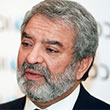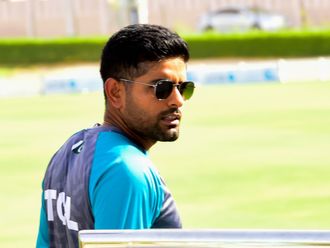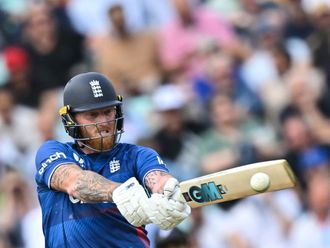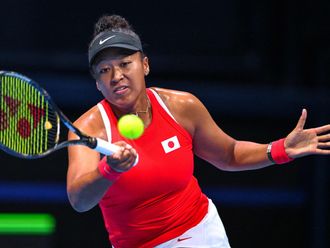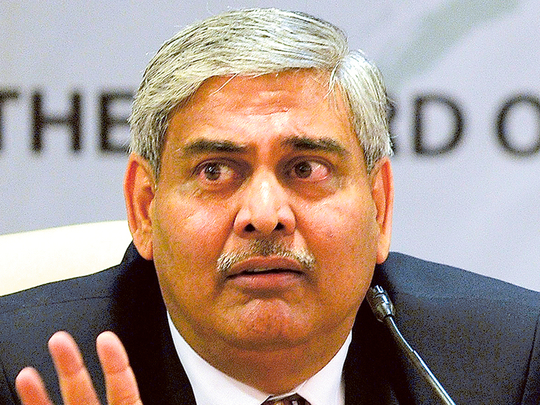
Dubai: The election of the next chairman of International Cricket Council (ICC) to find a successor to Shashank Manohar, who has decided against continuing for a third term, is unlikely to be a tepid affair like the last time when he was persuaded by the Board members to stay on. The names of at least three heavyweight candidates are in the air - though it’s still very early days.
The scenario was a predictable one till mid-May with Colin Graves, the chairman of England and Wales Cricket Board (ECB), who enjoyed support from the hugely influential Board of Control for Cricket in India (BCCI), being tipped to take over once Manohar’s tenure ends on June 30. However, a strong endorsement of former Indian skipper Sourav Ganguly - currently at the helm of the Indian board - by the likes of Graeme Smith and David Gower swung the popular mood in favour of Ganguly for the hot seat.
While there was no confirmation from sources to Ganguly if he was actually interested in the top job, it is now believed that he is more keen to implement the reforms promised at the Indian board provided the Supreme Court of India agreed to relax the ‘cooling off’ period of both the BCCI president and secretary (Jay Shah), respectively. Ganguly, who was elected unanimously as the BCCI supremo last October, is scheduled to complete a total period of six years of any officebearer’s position (state body and national association combined) on July 31 will be otherwise required to go on a cooling off period of three years - while Shah’s cooling off has already begun from May.
Adding a new and rather significant twist to the tale, is the entry of Ehsan Mani, chairman of the Pakistan Cricket Board and a former president of the ICC from 2003-2006. A hugely experienced and respected cricket administrator, Mani may be a preferred choice among a number of Test-playing nations who are wary of too much Indian influence in world cricket in recent years.
A vocal critic of the erstwhile ‘Big Three’ formula mooted by N.Srinivasan, former ICC chairman from India which believed in India, England and Australia sharing a greater proportion of the revenue in world cricket, Mani had also spoken out in his capacity as the PCB chairman against any possible plan of Indian Premier League (IPL) taking precedence over multi-nation events like the Asia Cup or the scheduled T20 World Cup in Australia later this year.
As someone who accepted the role to become PCB chairman after being convinced by Prime Minister Imran Khan to turn it around, it will be interesting to see if Mani finally takes the plunge for the ICC role.
The last Board meeting of ICC, which again took place via video conference on June 10, had the modalities of the election process of the chairman on the agenda but no resolution about it was available for the media. It’s believed that after Manohar completes his term on June 30, Imran Khawaja, the Deputy Chairman and Singapore’s representative on the Board will conduct the elections with the new norms.
It will eventually be left to the 17-member board (as re-constituted by Manohar in 2017 to give a more varied representation from the cricket-playing countries, alongwith an independent woman director in Indra Nooyi, the former chairperson of Pepsico) to select the successor to Manohar - and speculation has already begun as to if there will be eventually a need for an election.
The next few weeks, however, will be interesting to see which way the wind blows.
ICC Board of Directors
Chairman: Shashank Manohar
Independent Woman Director: Indra Nooyi
CEO: Manu Sawhney
Full members: India, Pakistan, Sri Lanka, Bangladesh, England, Australia, New Zealand, West Indies, South Africa, Zimbabwe, Afghanistan, Ireland
Associate countries: Scotland, Malaysia, Singapore


